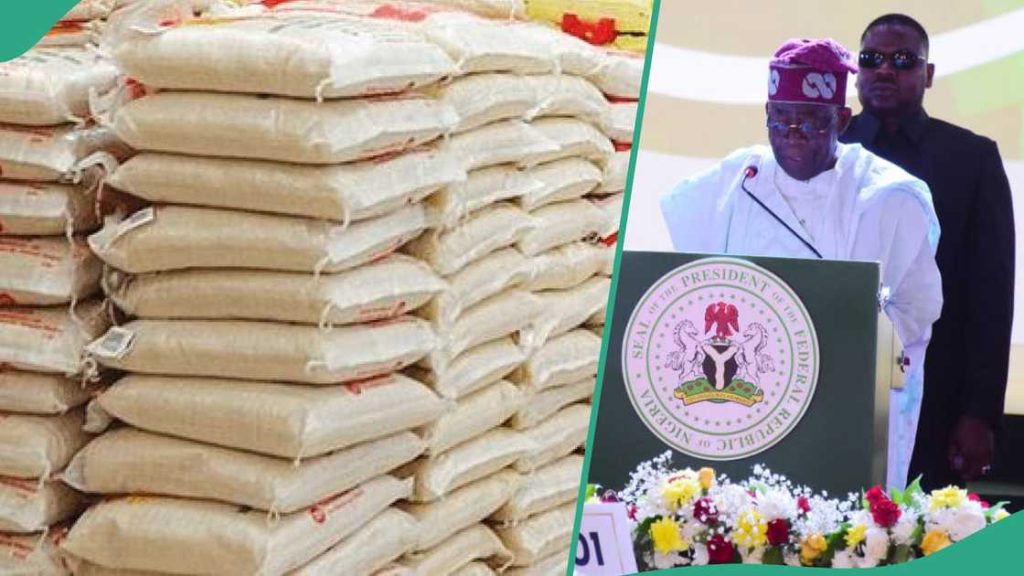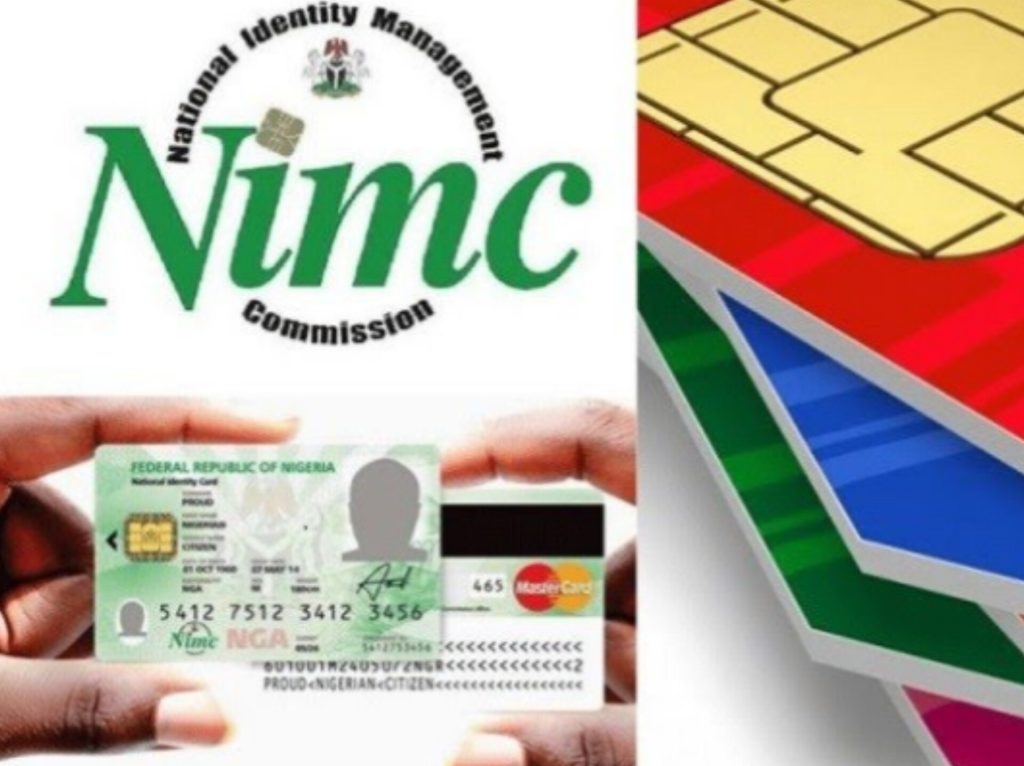Nigeria’s Rice Intervention

In a bid to ease the food crisis and curb rising costs, the Federal Government has announced the commencement of a subsidised rice distribution scheme, making 30,000 metric tonnes of milled rice available to Nigerians at a heavily discounted rate of ₦40,000 per 50kg bag.
The programme, which is open to all Nigerians, aims to alleviate food insecurity by providing affordable access to this staple grain, with verification and distribution processes in place to prevent fraudulent acquisition.
With this unprecedented rice intervention, the government seeks to bring much-needed respite to Nigerians facing the challenges of escalating food prices and the high cost of living.
By limiting the distribution to one bag per person, and requiring proof of identity via the National Identification Number (NIN), phone number, or Integrated Payroll and Personnel Information System (IPPIS) details, the government aims to ensure fair and equal access to the subsidised rice.
While this rice intervention may provide some short-term relief, the long-term solution to Nigeria’s food crisis lies in addressing the underlying issues that have led to high costs and food insecurity.
Some experts suggest that policies to support small-scale farmers, encourage sustainable agriculture practices, and improve food storage and transportation infrastructure could help to increase food production and security, as well as reduce reliance on imports.
As the Federal Government continues to grapple with the complex issue of food insecurity, the hope remains that the subsidised rice distribution will offer some measure of support and respite to the Nigerian people in their time of need.
In addition to the subsidised rice distribution, the government is also exploring other initiatives to combat food insecurity and reduce prices.
This includes efforts to boost local production and improve agricultural infrastructure, such as investing in irrigation systems, providing training and resources for farmers, and supporting agro-processing industries.
The Federal Government’s multi-pronged approach to addressing food insecurity is critical in addressing the underlying challenges that have contributed to the crisis, and in creating a more sustainable and equitable food system for the Nigerian people.
As Nigeria’s population continues to grow, the pressure on the country’s food system will only intensify.
Addressing the root causes of food insecurity, such as poor infrastructure, climate change, and limited access to credit for smallholder farmers, will be key to ensuring that the country can feed its people in the long term.
The success of the subsidised rice distribution scheme and other government initiatives to support the agriculture sector will depend on their ability to address these underlying issues and create a more resilient and sustainable food system in Nigeria.
References and Citations:
- The Nations – Only Nigerians with NIN can buy N40,000 rice FG
- Channels – Only Nigerians with NIN to benefit as FG begins sales of N40,000 bag of rice
- PUNCH – NIN required to buy 50kg of rice at N40,000 FG
Picture News







